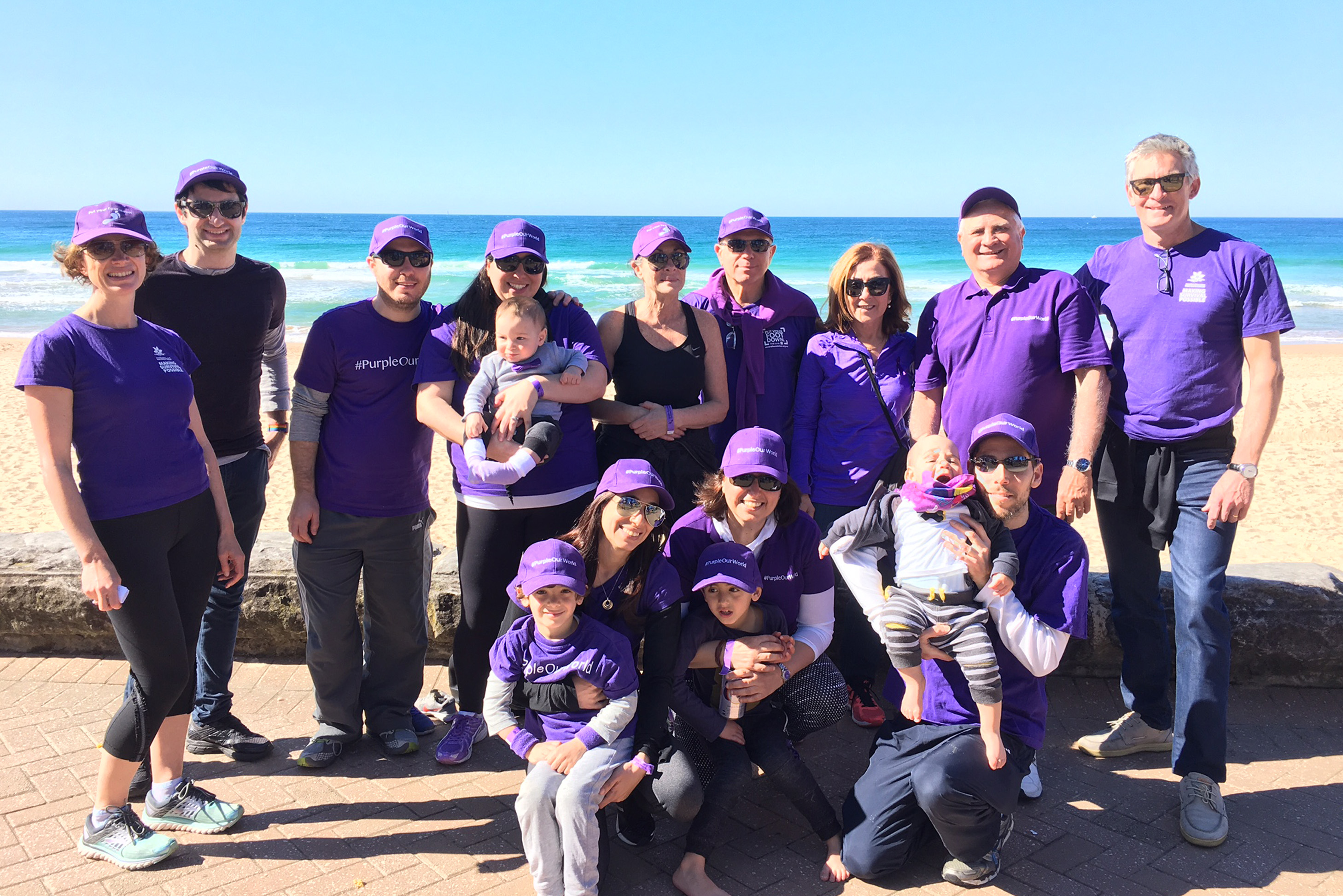Palliative Care

A palliative approach to care focuses on comfort and aims to support you and your loved ones. This is done by helping to manage any symptoms you may have associated with your illness or treatment side effects, and by providing emotional, social and psychological support to enable you to live as well as possible.
A palliative approach to care can help people with pancreatic cancer live their lives as fully and comfortably as possible.
Palliative and supportive care is often misunderstood and is often viewed as care provided when someone is in their last days of life. However, a palliative approach to care is best introduced early for someone diagnosed with a progressive, serious illness to enable them to live as well as possible, and it can be provided alongside cancer treatment.
Care may be provided in various settings: the home, hospital, or a palliative care unit, and can significantly improve an individual’s quality of life.
The palliative care team can help identify and treat physical, emotional, spiritual and social symptoms based on an individual’s needs and can provide practical and emotional support to family and carers.
Some of the services the palliative care team may provide include:
- Relief of pain, nausea and other physical symptoms
- Resources such as equipment needed to help care at home
- Assistance for families to talk about difficult or sensitive issues
- Support for people to meet cultural obligations
- Emotional, social and spiritual support
- Counselling and grief support
- Links to other services such as home help, community nurses and financial support
PanKind encourages you to ask your GP, oncologist or healthcare team about accessing palliative care services.
For more information about palliative care and to find services in your area, visit Palliative Care Australia.
Always consult your doctor or health professional about any health-related matters. PanKind does not provide medical or personal advice and is intended for general informational purposes only. Read our full Terms of Use.
Thank you to the incredible community of people who have helped us create and review our website information and support resources, we could not have done it without you.








